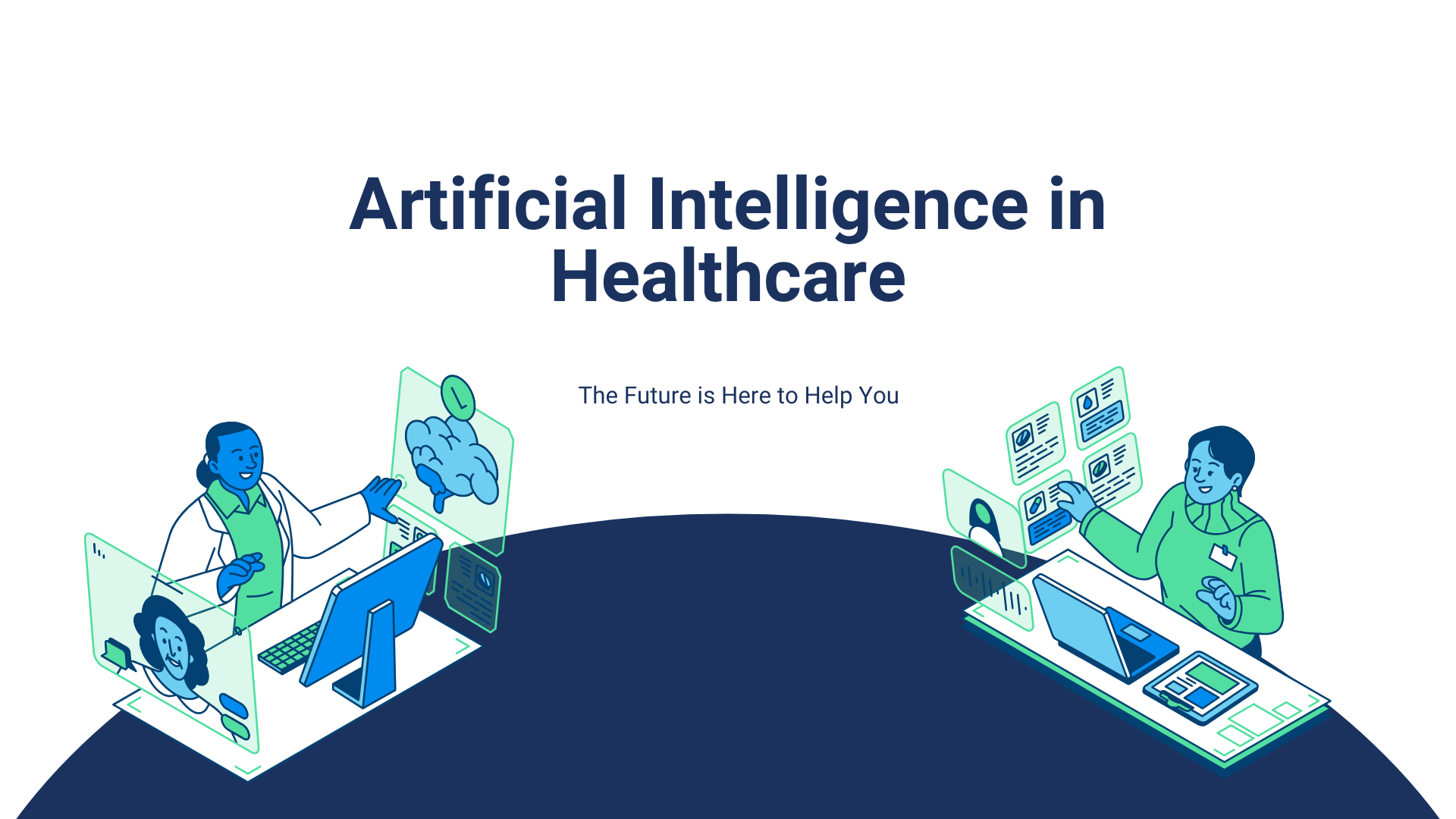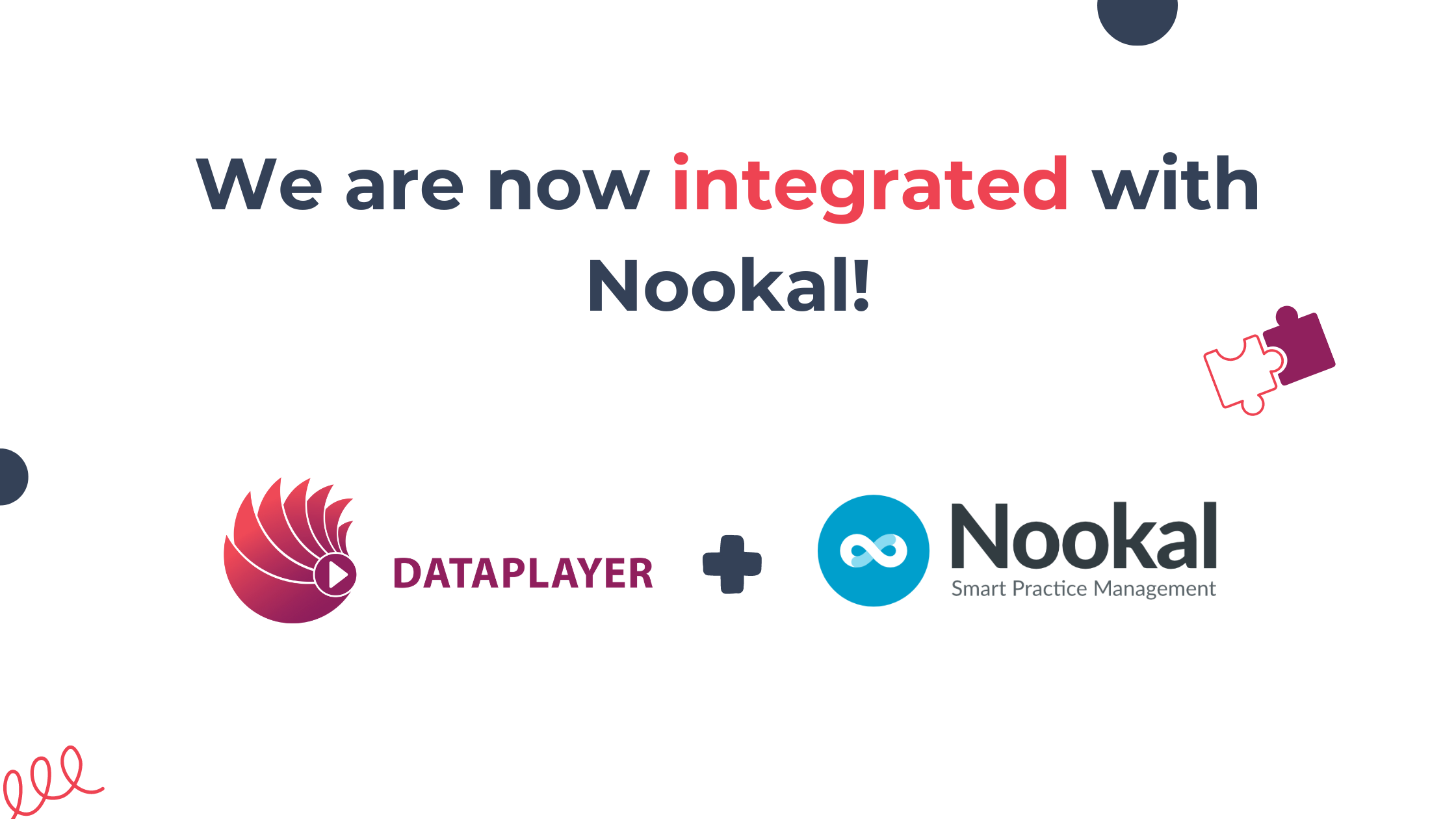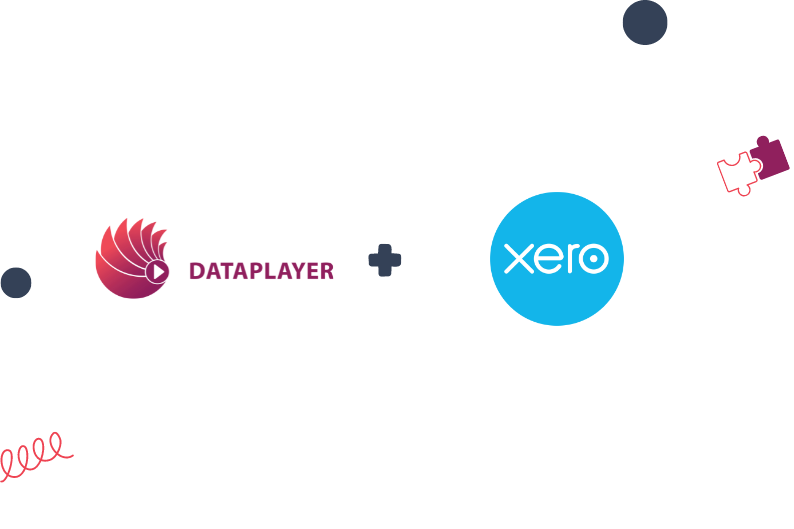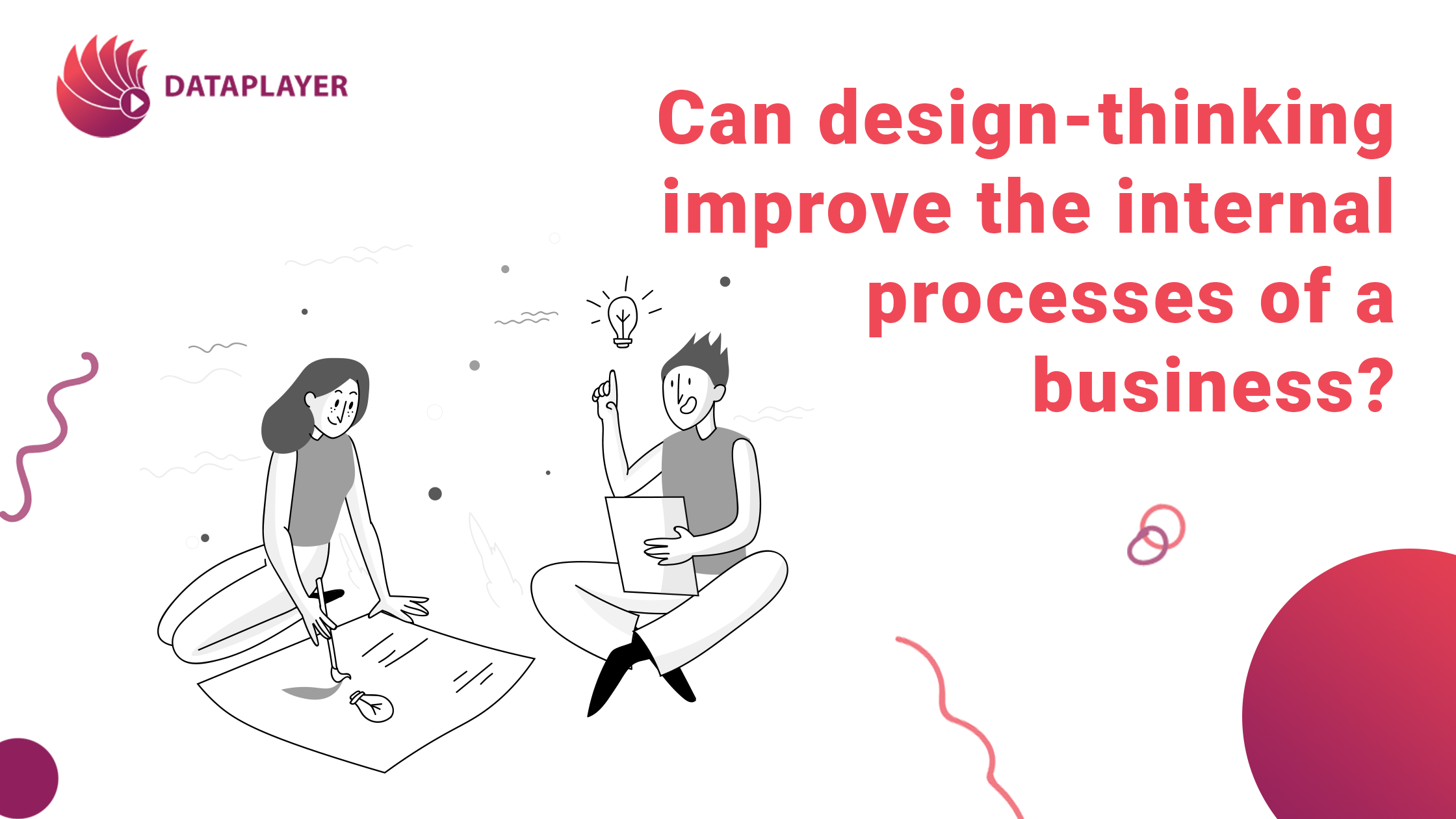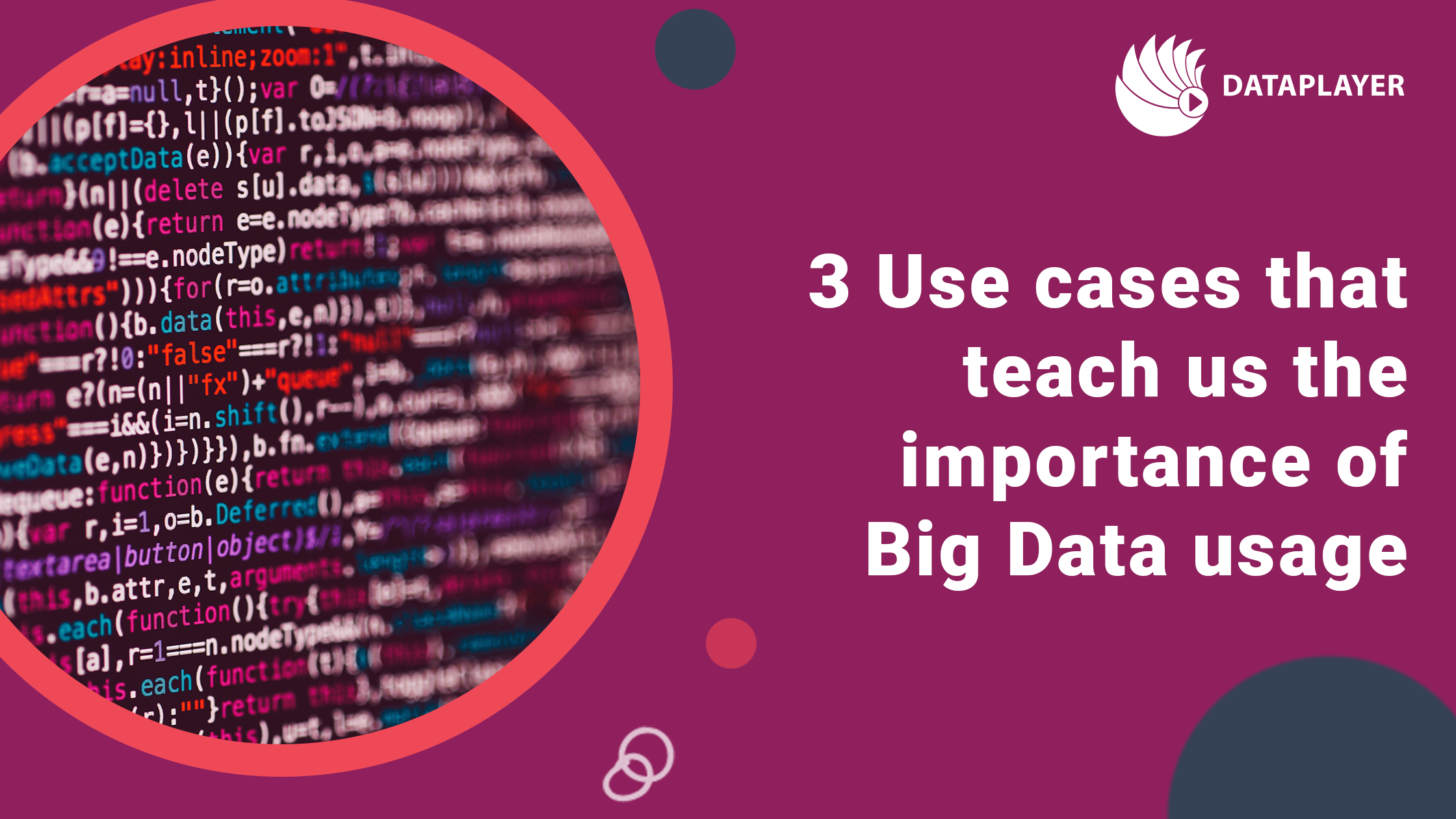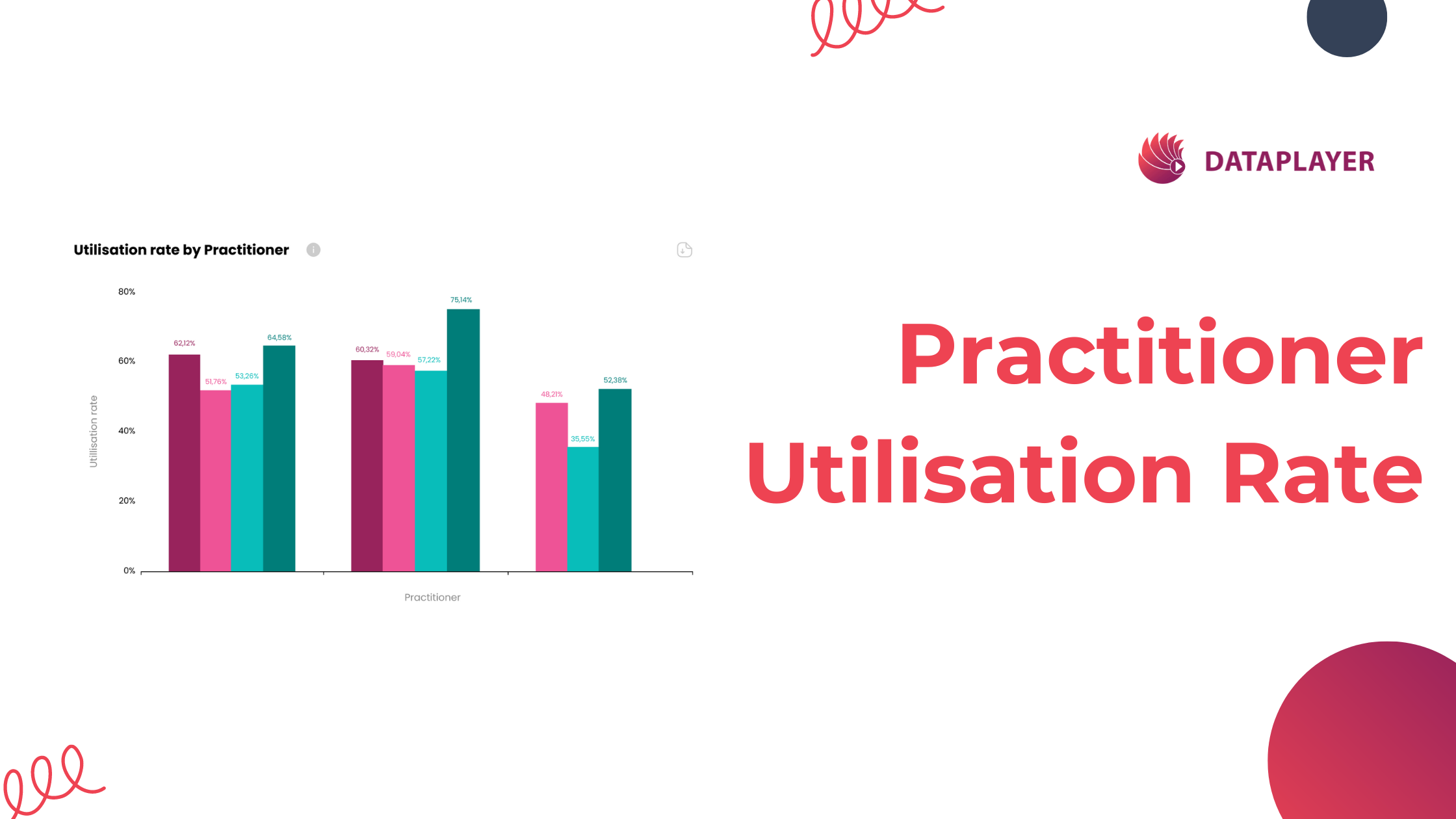AI in Healthcare: The Future is Here to Help You
AI is transforming industries everywhere, and healthcare is no exception. With rising demands, operational challenges, and an increasing focus on patient care, technology is becoming essential in navigating these complexities. The key to better efficiency and outcomes lies in data—and AI is unlocking its full potential. The latest Future of Jobs Report 2025 from the World Economic Forum highlights just how much healthcare is evolving, with AI playing a central role in this transformation. But what does that mean for healthcare professionals? Let’s break it down.
The Changing Landscape of Healthcare
The Future of Jobs Report 2025 reinforces a trend that has been building for years: AI is no longer just a futuristic concept—it’s becoming a trusted tool driving real transformation in healthcare. The report highlights key shifts that will shape the industry:
Here’s what the report reveals about healthcare and medical services:
- Drivers of Change: Ageing populations, rising costs of living, and digital transformation will be key forces shaping the industry by 2030.
- Technology Trends: AI, big data, and biotechnology are expected to revolutionise healthcare operations and patient outcomes.
- Key Roles: Demand is rising for Data Analysts, AI Specialists, and Business Intelligence Analysts.
- Workforce Priorities: Upskilling, promoting employee well-being, and adopting diverse talent strategies are critical for future success.
- Barriers to Transformation: Resistance to change and rigid organisational cultures remain significant hurdles.
This paints a clear picture: while the need for human-centred care will never disappear, technology—particularly AI—will play a crucial role in enabling better healthcare outcomes.
What is AI and How Does It Work for Healthcare?
Artificial intelligence, in simple terms, refers to technology’s ability to perform tasks that would typically require human intelligence. By processing vast amounts of data, AI can identify patterns, suggest decisions, and even “learn” over time. Think of it as a powerful assistant that enhances your ability to deliver high-quality care.
AI in Healthcare: Practical Applications
Here’s how AI can help with common challenges in healthcare practices:
- Diagnostics and Screening AI can analyse medical images such as X-rays, MRIs, and CT scans to detect abnormalities more quickly and accurately than ever before. For example, in podiatry, AI can assess foot structure, identify fractures, or detect conditions like arthritis. It can even serve as a “second opinion” by analysing patient symptoms and medical history for initial diagnoses.
- Personalised Treatment Plans By tracking patient progress through wearable devices or sensor technology, AI can suggest adjustments to rehabilitation exercises or treatments. This allows practitioners to create highly personalised plans that lead to better outcomes.
- Predictive Insights AI can analyse data to predict the likelihood of certain conditions developing or detect warning signs of chronic illnesses. This enables early intervention, helping prevent complications and improving patient outcomes.
- 24/7 Patient Support With AI-powered chatbots, patients can access round-the-clock assistance. These bots can provide guidance on exercises, post-treatment care, or advice on managing symptoms—reducing the burden on staff to respond to routine queries.
- Administrative Automation AI can handle repetitive tasks such as billing, follow-up reminders, and patient intake forms, freeing up time for your team to focus on delivering excellent care.
- Data-Driven Decision-Making With AI, your practice’s data can become a powerful tool. Imagine having a chatbot or dashboard that serves as your “business coach,” offering insights into staffing needs, treatment performance, or marketing strategies—helping you make smarter decisions.
Preparing for the AI-Powered Future
AI doesn’t replace the human touch—it’s a helping hand. For this to succeed, roles in healthcare must adapt:
For Practitioners
Your focus on patient care won’t change, but AI can help identify patterns and blind spots, offering a more comprehensive view for decision-making. To thrive, practitioners should:
- Learn to interpret AI-driven reports and tools.
- Educate patients about AI’s role in their care to build trust.
- Stay updated on available AI platforms in the market.
For Administrative Staff
AI will automate routine tasks like appointment reminders and follow-ups, allowing staff to focus on more complex functions such as processing insurance claims or handling patient inquiries. Skills needed include:
- Monitoring AI systems for accuracy.
- Handling issues that AI cannot solve.
- Adapting to new administrative tools.
For Managers
AI will simplify decision-making by generating reports on operations, staffing, and patient trends. Managers will need to:
- Guide their teams through AI adoption and training.
- Ensure regulatory compliance and patient data security.
- Use AI insights to shape strategy and improve efficiency.
For Marketing Professionals
AI can enhance campaigns by personalising them to target specific patient groups more effectively. Skills required include:
- Using AI-driven analytics for audience segmentation.
- Generating AI-powered content aligned with your brand’s values.
FAQs: Addressing Common Concerns About AI
Is AI accurate and reliable? For well-defined tasks, AI can be incredibly reliable. However, its effectiveness depends on the quality of the data it’s trained on and the complexity of the task. It’s always best to double-check AI recommendations with human expertise.
Is AI expensive? While advanced AI systems can be costly, there are affordable options for smaller practices. Many AI-powered tools are subscription-based and scale with your needs.
Is it compliant with regulations? Yes, but it’s crucial to ensure that any AI tool you use complies with regulations like GDPR or HIPAA. Data privacy and security should be top priorities when adopting new technologies.
Should I wait for AI to mature before adopting it? Not necessarily. Many AI applications, such as chatbots and administrative tools, are already mature and widely used. Start small, experiment, and scale as you gain confidence.
How do I get started? Small businesses can use AI for administrative tasks like scheduling and patient follow-ups, freeing up staff for more critical work. Larger businesses can benefit from predictive analytics to improve decision-making and patient care. By identifying key areas for AI, selecting suitable tools, and training the team, both can streamline operations effectively.
The digital transformation of healthcare isn’t just about technology—it’s about mindset. Being open to change, embracing new tools, and adapting your skills are crucial to thriving in this evolving landscape. So, the question is: Are you ready to take the first step?
//Written by Ana Limani, Product Manager at Dataplayer
